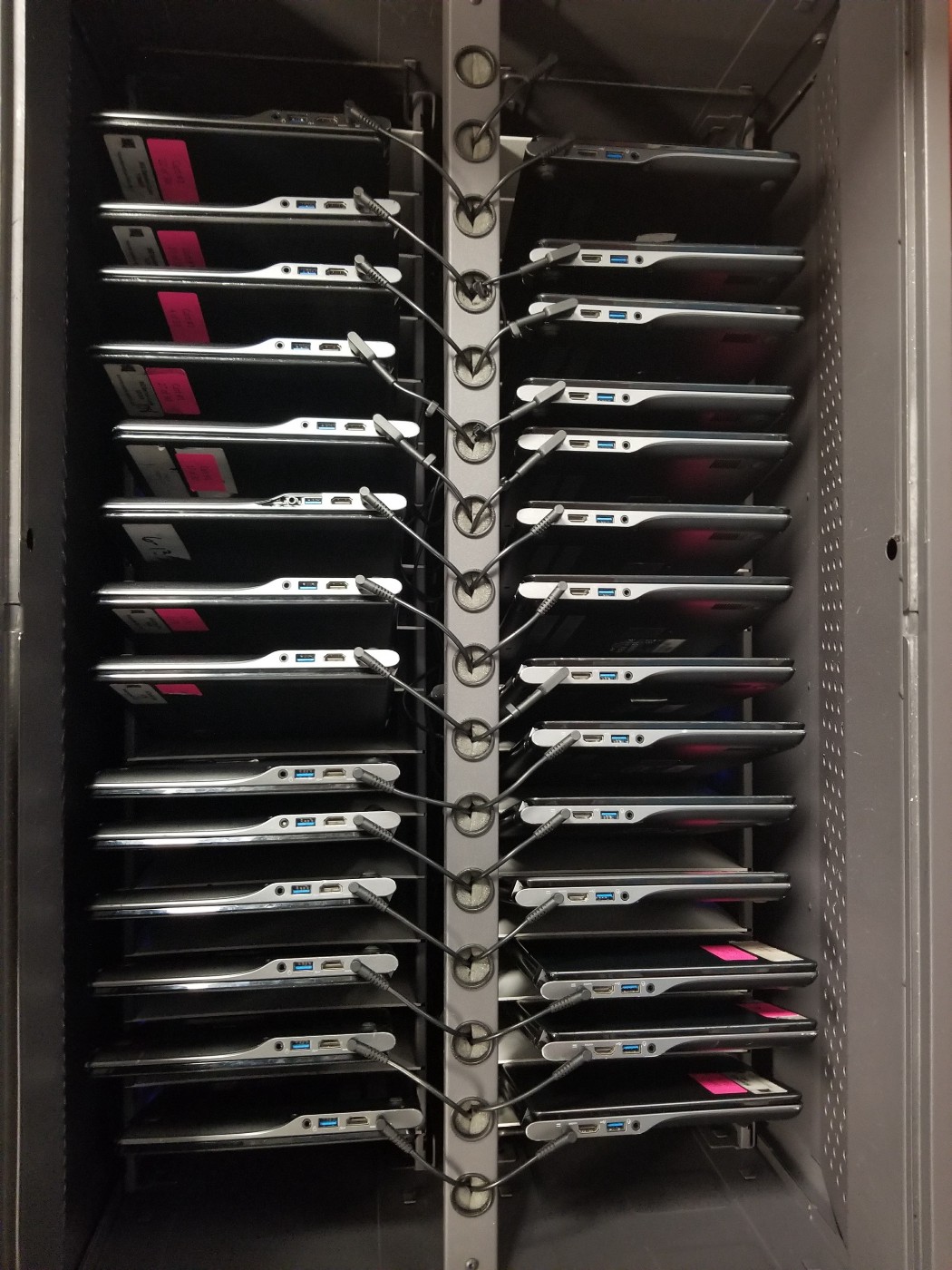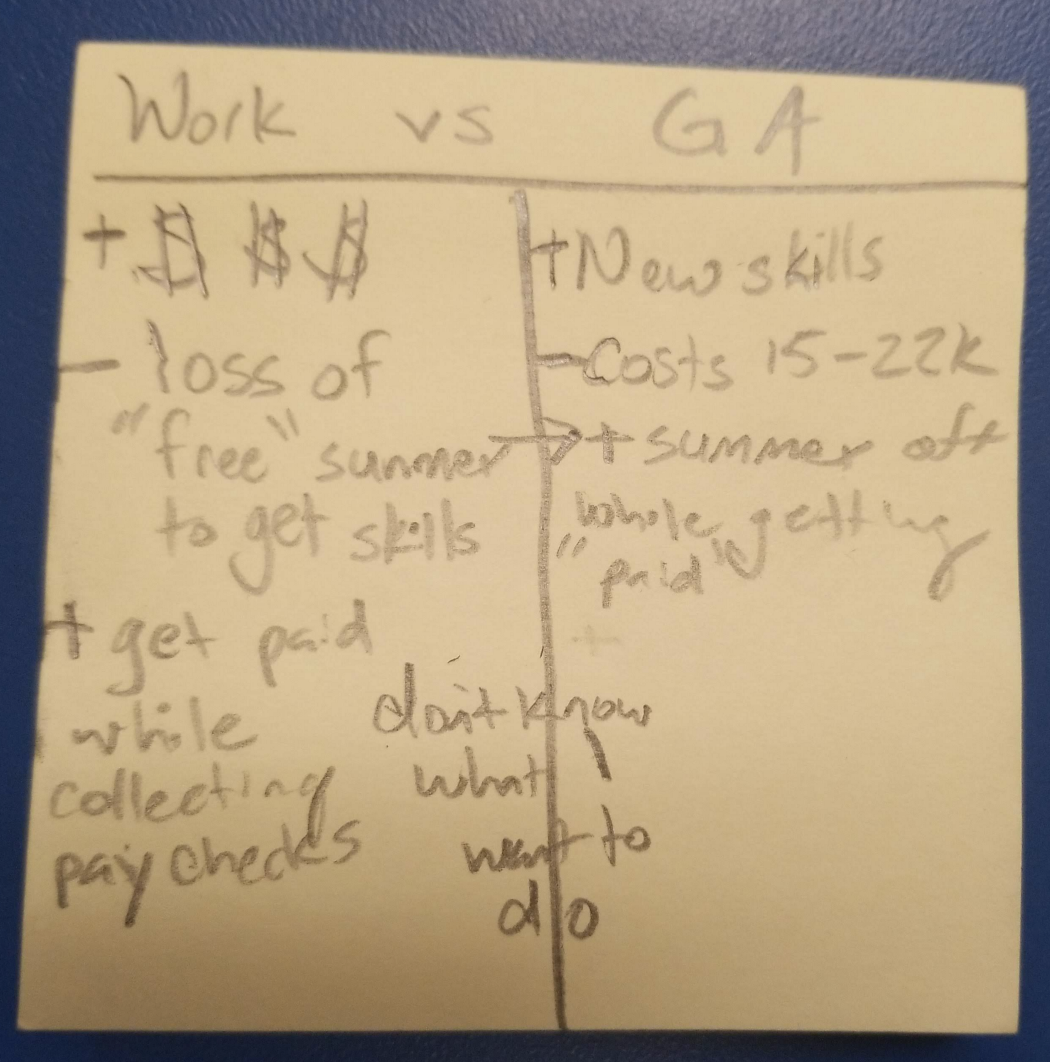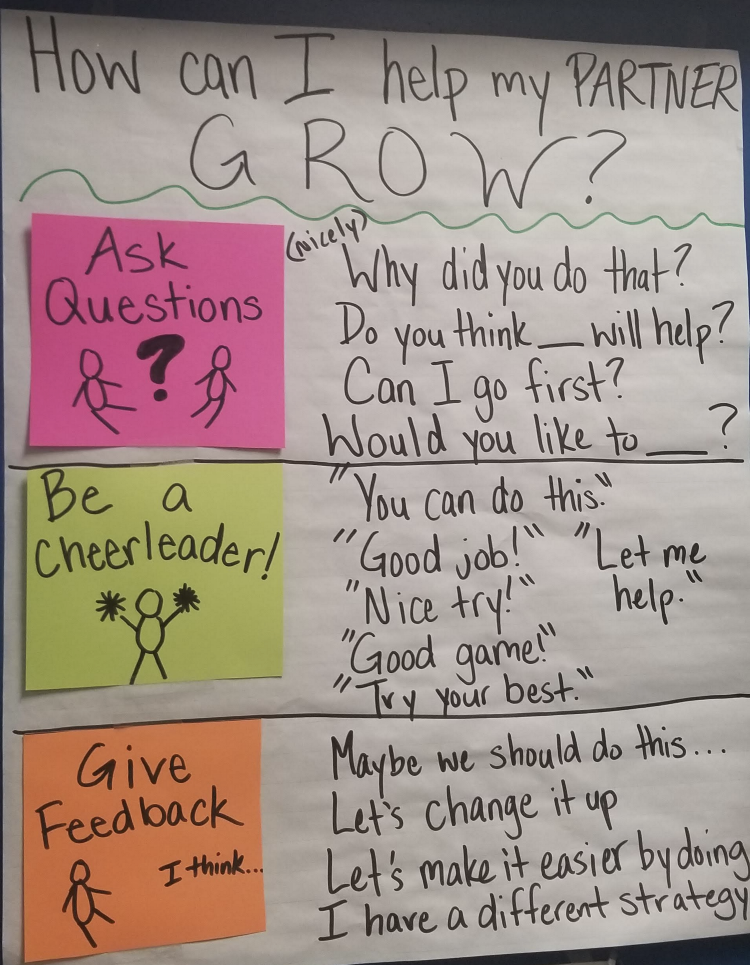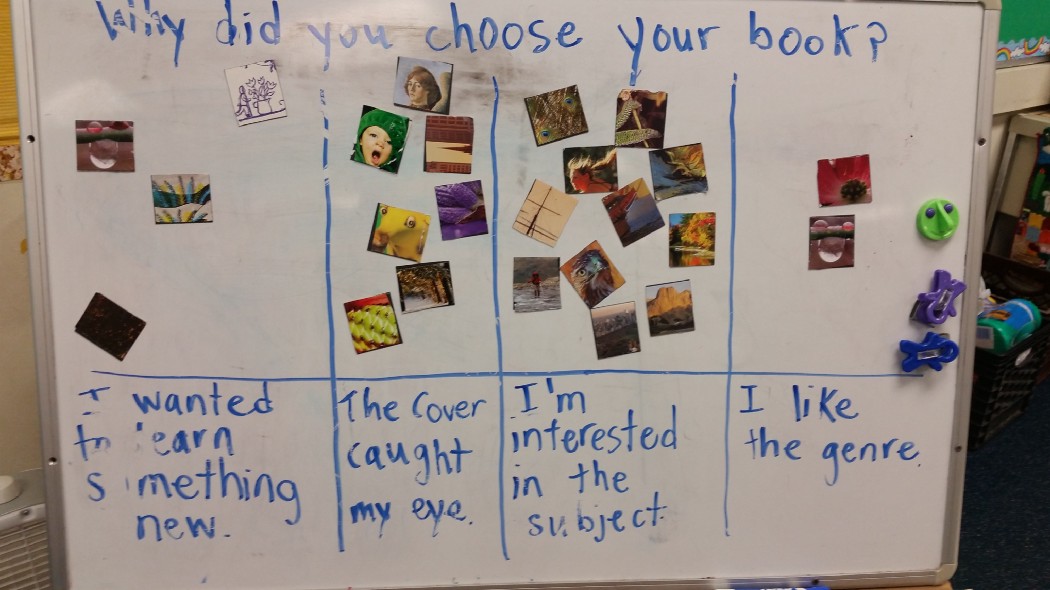From Teaching to Tech
I did it. In a year, I made the terrifying career leap into something different, and am, thankfully, no worse for wear. In fact, I’m thriving and I’m so happy I can’t really quite commit to words the feelings I have now about accomplishing the hardest part of a career change — getting a job in the tech field at a place where I am frequently learning, supported, and happy. I know everyone struggles to consider or even make that leap and those who do try, don’t always end up where they hoped to land. I still believe it’s worthwhile and hopefully my experiences can provide others that push as well.
The Start
I graduated college with a degree in Psychology and Black studies and moved to Boston alongside many friends with different majors. Despite this, somehow during that transition into adulthood, the majority of them ended up in or transitioning to software engineering. I became a teacher through Boston Teacher Residency because of my passion for helping others, and fears that I didn’t have the grades to continue pursuing Psychology beyond undergrad. It was a great 6 years working with a range of grades, students, and schools. I worked in second grade up to middle school teaching English Language Arts to Math, Science, and Social Studies. I eventually picked up a special education certification and was charged with creating fully inclusive learning experiences that would almost always benefit all of my students. It changed the way I thought about my students and pushed me to develop a broader understanding of how people interact with the world around them.

Throughout that time, I was considered the tech guru and coworkers would always come to me for help. Whether it was setting up speakers or computers to navigating surprisingly complicated websites, I learned that a lot of teachers had a very frustrating fear and wariness of technology. A fear that was coming up with far more frequency as standardized testing has made its own push into the tech world, requiring students to take tests on computers and type up 3–5 paragraph essays. Students were doomed to fail if they had no previous experience using a computer and teachers panic at the prospect of having a third grader try to use a touchpad to find their way to a web browser to access the testing sites. I had always appreciated tech and was never that afraid to just go in and break things because I figured there was always a way to recover or get help.
I didn’t think anything of it beyond looking into online courses to try to learn python or just get better at Microsoft suite of apps. I had tried to do the Harvard CS50 class and couldn’t commit the time and energy after a day of teaching. It wasn’t until one of my rare, non-engineering friends needed to make a tough decision to change career paths, that I really reflected on my own career choice. Due to (my lack of) seniority, and staffing needs, I had to either find a new school or move on to something else entirely. It was because of this sudden opportunity, and my friend’s own career shift, that I realized it was possible to make the switch and to begin looking into my options to really commit. Thanks to the academic calendar and what remained of my teacher salary to be paid out, I could leap into a bootcamp with minimal financial fears.

The Bootcamp
The General Assembly Full-time Software Engineering Immersive bootcamp was exactly the kick I needed to really buckle down and learn software engineering. Nothing like spending a pretty big amount of money and committing full time to make you significantly more invested in something. General Assembly offered loans, payment plans, or an income share agreement where they take a percentage out of the paycheck once you get a job. Once that was decided, four projects were all that stood between me and starting the path into software engineering! The first one was the hardest, and much like teaching, the first year is always the most difficult, but it only goes up from there. I think this can be true of trying anything unfamiliar for the first time, especially having built up a particular mental image of success, based on unrealistically high standards simply due to lack of knowledge.
Through this bootcamp I (re)discovered my love of working on UX/UI. Rediscovered because I had played around with website layout generators for social media and my experiences helping others navigate apps made me think about potential users so much more. If it weren’t for my engineering friends, I would have taken the UX/UI course. But they believed it would be better to have coding skills to back up my understanding of UX/UI rather than trying to learn to code later.
The Year of Waiting

From my October bootcamp graduation, I was now on the terrifying path of actually applying for jobs with just my bootcamp certificate and my own scrappy attitude in hand. I applied to hundreds of postings with minimal response. I counted myself lucky to even get a rejection email. Before my bootcamp, I had also decided to get an Associate’s in Computer Science at Bunker Hill Community College to make up for my lack of STEM from my undergrad/master’s. This helped occupy my time as I developed other coding languages and deeper understanding that I wasn’t able to get during the bootcamp in what was the fastest 12 weeks of my life.
I felt like I could make space for my old cosplay and video game hobbies for the first time in years. I attended meetups and would reach out to people on LinkedIn or through the meetup slack channels to get some insight into the industry and any advice they could offer. I confided my fears to my friends and family and had many ups and downs in my confidence about this choice. And while I was able to benefit from unemployment, I had learned, perhaps too late, that some applicant tracking systems won’t read a .pdf or .doc of the original file used tables or columns. A revelation that wouldn’t fully click in until my participation in Hack.Diversity.
The First Internship
Hack.Diversity is a career leadership and workforce development program that provides mentoring and support for under-represented populations in the tech industry. We were introduced to their partner companies and had the opportunity to interview with them. After getting my applications in, I had to reapply because my resume had turned up blank for them. They provided many incredible resources and workshops to help level up hard and soft skills and match us with amazing mentors, who are passionate and knowledgeable about the industry. I couldn’t have been paired with a better mentor. We practiced elevator introduction pitches, checked zoom/video quality and lighting, and always established next steps for my goals.
Through Hack.Diversity I was able to land my first internship/job with athenaHealth. It was a great learning experience as it offered a small taste of what devOps looked like. A field I had never really been exposed to up to that point and had really no idea about. I always try to keep an open mind about the world, so I welcomed the opportunity to grow. I learned a lot and the experience affirmed my love of all things on the front-end side of software engineering .It also provided me with some greater clarity on where I can see myself going on this career adventure. From there I was able to network with my Hack.Diversity mentor to bring me to Echobind.
The First Job
Echobind has provided a wonderful space to grow and hit the ground running. I’m encouraged to ask questions, share my thoughts, and just be myself. With Echobind being remote first, the most important lesson I’ve gotten is to ask questions, whenever you can. I feel lucky to have great coworkers and a variety of projects to work on, and I never get the feeling of being stuck in one place. In addition, I get regular feedback and opportunities to be heard. It’s been an amazing experience to be able to pair with senior engineers and check myself whenever I think, “Oh god, I’m making all these silly mistakes,” and see senior engineers also struggle. They’re just much faster at figuring out the issue and have even more experience of tools to help them navigate issues. Not to mention some keyboard or command line shortcuts that have become muscle memory for them. Everyone is willing to help in whatever way they can and share their learnings, a culture that I dearly appreciate. If I hadn’t found people to talk through those fears, then I might not have found enough self-motivation to keep going. The future is certainly looking brighter after a year of uncertainty and fear.




